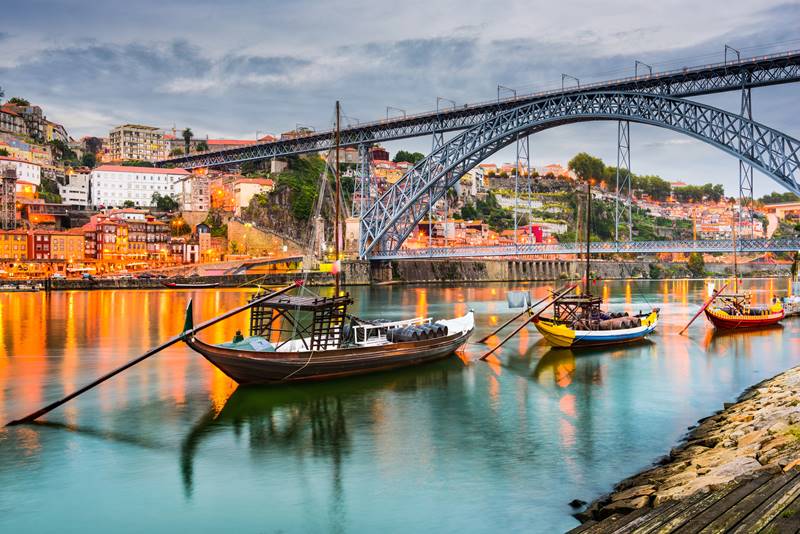France: Top Market for Portuguese Wine
France's Love Affair with Portuguese Wine Drives Export Success
2024-07-11

In the first quarter of 2024, Portugal's wine exports experienced a nuanced performance marked by a slight decline in volume but stability in revenue. According to data from Portuguese customs, the country exported 74.3 million liters of wine, reflecting a 2.1% decrease compared to the same period in 2023. This marks the lowest volume for this period since 2020. Despite the drop in volume, the revenue from these exports remained steady, nearly reaching 212 million euros, thanks to a 2.2% increase in the average price per liter, which now stands at 2.85 euros.
Several significant shifts in market dynamics were observed during this period. France emerged as the top global market for Portuguese wine, surpassing Angola in volume and the United States in value. This change underscores France's growing appetite for Portuguese wine and its willingness to pay a premium for it.
The rise of France as the leading market is a notable development. French consumers and importers are increasingly recognizing the quality and diversity of Portuguese wines, which range from the robust reds of the Douro Valley to the crisp, aromatic whites of Vinho Verde. This shift is not merely a reflection of increased consumption but also of the strategic marketing efforts and growing distribution networks within France.
The first quarter of 2024 also saw exceptional growth in wine exports to Brazil and Russia, two markets that have shown increasing interest in Portuguese wines.
Brazil, now the third-largest market for Portuguese wine, displayed remarkable growth in this period. The cultural and historical ties between Portugal and Brazil have always favored trade, but recent trends indicate a significant uptick in Brazilian consumers' appreciation for Portuguese wine. This surge can be attributed to several factors, including improved economic conditions in Brazil, effective marketing campaigns, and a burgeoning wine culture among Brazilian consumers.
Perhaps the most striking development is Russia's emergence as a significant market for Portuguese wine, entering the top 10 for the first time. This newfound enthusiasm in Russia can be linked to a growing middle class with a taste for imported wines and the strategic efforts of Portuguese exporters to tap into this market. The geopolitical landscape and trade policies have also played a role, as Russian importers look for alternative sources of quality wine amid varying international relations.
The stable revenue figures despite a drop in volume indicate a robust pricing strategy by Portuguese wine producers and exporters. By focusing on enhancing the perceived value and quality of their wines, they have managed to command higher prices even in a challenging global market.
For Portugal to sustain and grow its wine export revenue, maintaining the quality of its wines and adapting to the preferences of emerging markets like Brazil and Russia will be crucial. This includes not only producing wines that meet the taste profiles of these consumers but also investing in marketing and distribution channels that ensure visibility and availability in these regions.
The global wine trade is fraught with challenges, including fluctuating economic conditions, changing consumer preferences, and geopolitical tensions. Portuguese wine exporters need to navigate these complexities by being agile and responsive to market trends. This could involve diversifying their export markets further, innovating with new wine varieties, and leveraging technology to enhance production and distribution efficiency.
The first quarter of 2024 presented a mixed yet promising outlook for Portuguese wine exports. While the volume saw a slight decline, the ability to maintain revenue through strategic pricing and market expansion into countries like Brazil and Russia showcases the resilience and adaptability of Portugal's wine industry. As France solidifies its position as the leading market and new opportunities emerge in Brazil and Russia, Portuguese wine producers are well-positioned to capitalize on these trends and continue their growth trajectory.
Founded in 2007, Vinetur® is a registered trademark of VGSC S.L. with a long history in the wine industry.
VGSC, S.L. with VAT number B70255591 is a spanish company legally registered in the Commercial Register of the city of Santiago de Compostela, with registration number: Bulletin 181, Reference 356049 in Volume 13, Page 107, Section 6, Sheet 45028, Entry 2.
Email: [email protected]
Headquarters and offices located in Vilagarcia de Arousa, Spain.